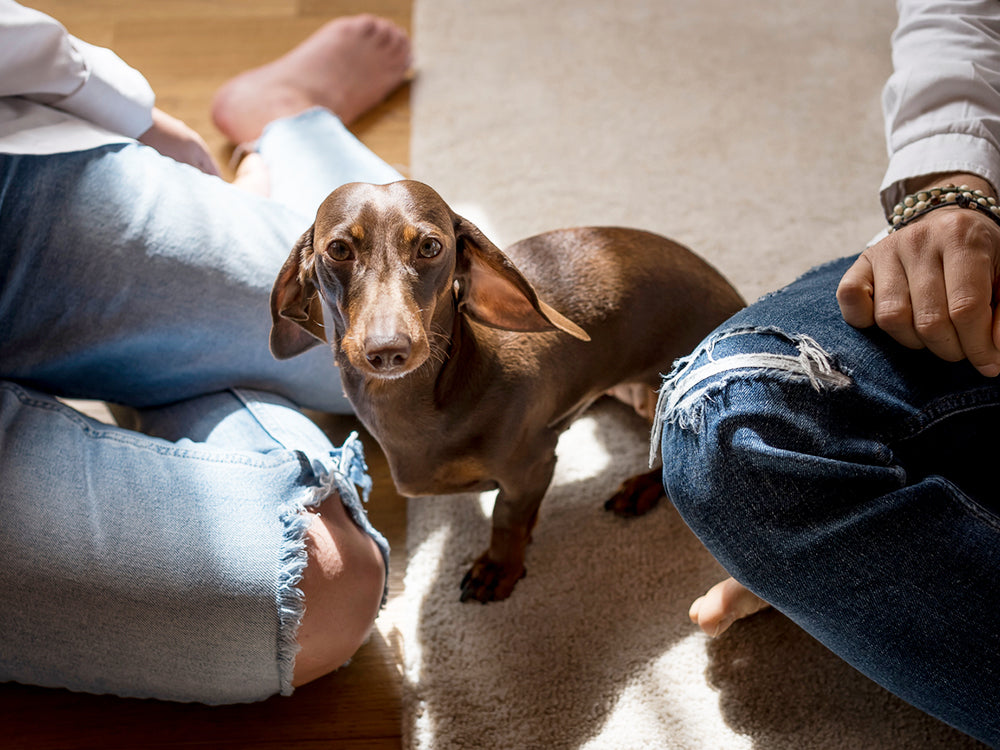
Man's best friend, the loyal canine companion, has long held a special place in our hearts. Dogs provide unconditional love, companionship, and often serve as an essential part of our lives. However, what happens when your significant other doesn't share the same affection for your furry friend? In this blog post, we will delve into the complexities of managing a relationship where your girlfriend doesn't like your dog.
Understanding the Concerns
Before jumping to conclusions or feeling defensive about your four-legged friend, it's crucial to understand your girlfriend's concerns. People may have various reasons for not warming up to dogs, ranging from past negative experiences, allergies, fear, or simply a preference for a pet-free living space. Open communication is key to addressing these concerns and finding common ground.
Building a Bridge of Communication
Approach the situation with empathy and a willingness to listen. Initiate a calm and non-confrontational conversation to understand your girlfriend's perspective. Ask her about specific concerns, past experiences, or any fears she might have. By creating an open dialogue, you're more likely to find a compromise that works for both of you.
Addressing Allergies and Hygiene
If allergies are the root cause of your girlfriend's discomfort, consider taking proactive steps to minimize allergens in your home. Regular grooming, cleaning, and investing in an air purifier can significantly reduce the presence of pet dander. Additionally, establishing designated dog-free zones in the house can provide your girlfriend with spaces where she can feel comfortable.
Training and Socialization
Sometimes, behavioral issues in dogs can contribute to a negative perception. Investing time and effort in training your dog can address concerns related to barking, jumping, or other undesirable behaviors. Enrolling your dog in obedience classes or working with a professional trainer can make a significant difference. Socializing your dog with other people and pets can also help them become more adaptable and less intimidating.
Creating a Balance
Finding a balance between spending quality time with your dog and nurturing your relationship is crucial. While it's essential to meet your pet's needs, it's equally important to ensure that your girlfriend feels valued and prioritized. Schedule quality time together without the dog, whether it's a date night, weekend getaway, or simply a quiet evening at home. This will reassure your girlfriend that she is an integral part of your life.
Compromises and Solutions
In some cases, compromises may be necessary to ensure the harmony of your relationship. This might involve agreeing on specific areas where the dog is not allowed, implementing a regular grooming routine, or finding alternative solutions for pet-related responsibilities. Discussing and implementing these compromises together can strengthen your bond and demonstrate your commitment to the relationship.
Seeking Professional Advice
If tensions persist, seeking the guidance of a professional, such as a couples' therapist or a pet behaviorist, can be beneficial. A trained professional can provide insights into the underlying issues and offer strategies to improve the situation. This collaborative approach can create a supportive environment for both your girlfriend and your dog.
Introducing Positive Experiences
Fostering positive experiences between your girlfriend and your dog is essential for building a bond. Encourage your girlfriend to participate in activities with the dog that they both enjoy, such as walks, playtime, or even training sessions. This shared time can create positive associations and help bridge the gap between them.
